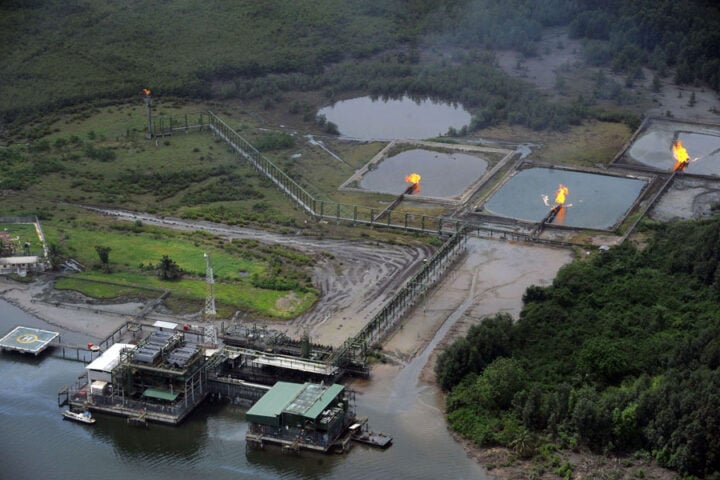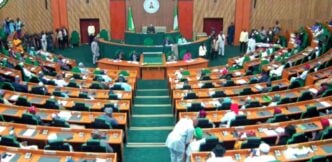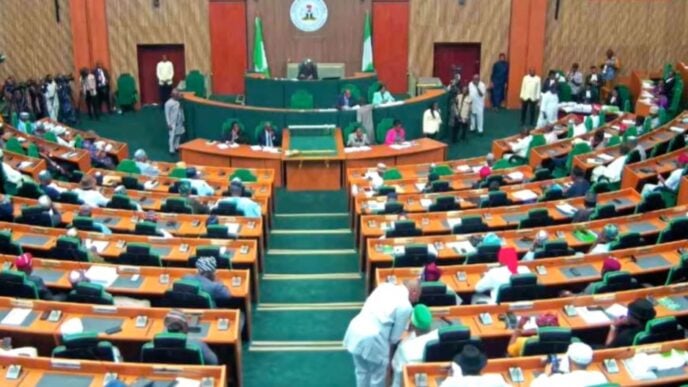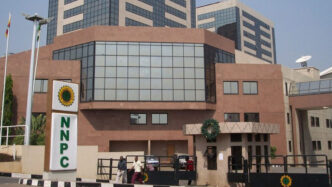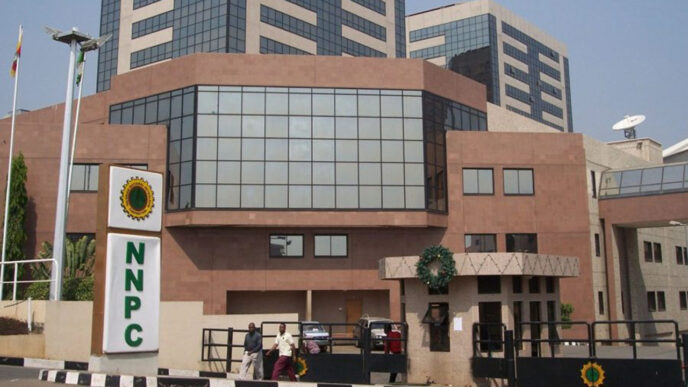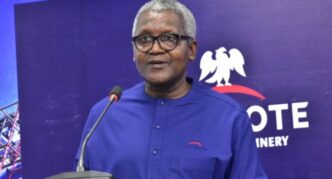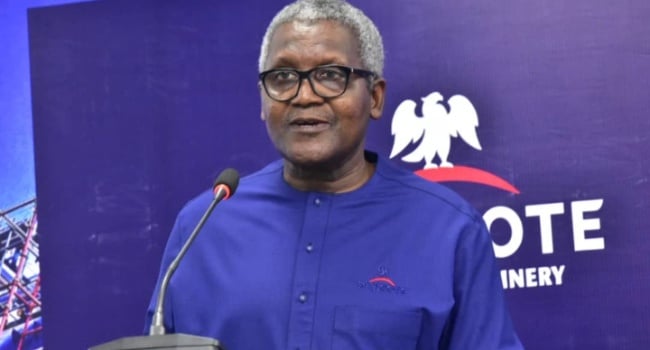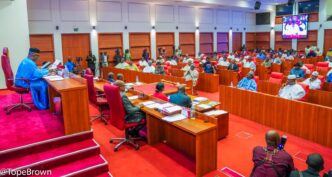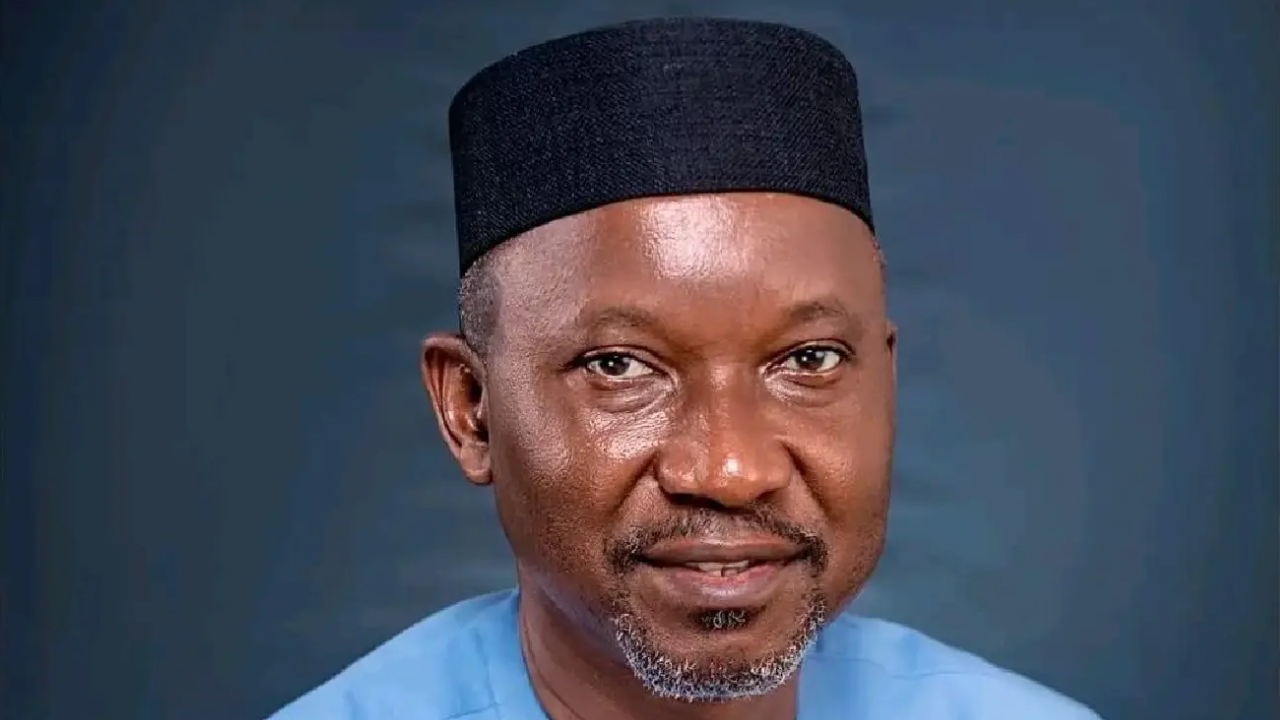The Forum of Retired Oil Workers has praised the Nigerian Upstream Petroleum Regulatory Commission (NUPRC) for driving reforms that have “boosted investor confidence and repositioned” Nigeria’s oil and gas sector for growth.
The group, in a statement signed by Richard Jackson, its president, commended the leadership of Gbenga Komolafe, the commission’s chief executive.
They said Komolafe’s leadership is “visionary, reform-driven, and deeply aligned with President Bola Tinubu’s agenda to reposition the oil and gas sector for sustainable growth and global competitiveness”.
The group said the policy and operational reforms introduced since the enactment of the Petroleum Industry Act (PIA) have revived investor trust, improved production, and re-established Nigeria as a leading investment hub for energy in Africa.
Advertisement
“The Commission’s approach under Engr. Gbenga Komolafe represents a decisive shift from bureaucracy to performance,” the statement reads.
“By focusing on regulatory clarity, transparency, and accountability, the NUPRC has restored credibility to the upstream sector and demonstrated that Nigeria remains open for responsible and profitable investment.”
The forum noted that the 28 field development plans (FDPs) approved by the commission in 2025 alone, projected to deliver 600,000 barrels of oil per day and more than 2 billion standard cubic feet of gas daily, signify a turnaround for the sector.
Advertisement
“These are not mere figures; they represent renewed life in an industry once bogged down by uncertainty and underinvestment,” the group said.
“An additional 1.4 billion barrels of oil and 5.4 trillion cubic feet of gas unlocked in one year shows that the reforms are not cosmetic; they are delivering measurable results.”
The retired oil workers said Komolafe’s regulatory model has also attracted significant capital inflows, with more than $18 billion in new investment commitments recorded this year.
The forum said the surge in investor participation is proof that the commission’s transparent licensing rounds and fiscal stability measures are being recognised globally.
Advertisement
“From the 2022 Petroleum Prospecting Licences to the 2024 deep offshore bid round, every process has been transparent and benchmarked to international standards,” they said.
“That is the type of leadership and accountability we had always hoped to see in Nigeria’s oil industry.”
They also lauded the agency’s collaboration with host communities and its focus on decarbonisation and energy transition through measurable frameworks that balance economic growth with environmental sustainability.
“Komolafe has brought a pragmatic approach to energy transition; one that recognises the need for cleaner energy while protecting Nigeria’s economic stability,” the statement further reads.
Advertisement
“The Decade of Gas initiative, complemented by the Commission’s Decarbonisation Framework, shows that the regulator understands both the global conversation and local realities.”
‘RIG ACTIVITY, OIL PRODUCTION RISING’
Advertisement
The group further commended the commission’s enforcement of 24 new regulations aligned with the PIA, describing them as “a solid foundation for a predictable, investor-friendly operating environment”.
“Rig activity rising from just 8 in 2021 to 70 today, alongside rising oil output to 1.8 million barrels per day, are strong indicators that the NUPRC’s strategies are working,” the statement said.
Advertisement
“We believe the NUPRC is writing a new chapter in Nigeria’s oil and gas history.
“Under Komolafe’s stewardship, the sector is becoming more efficient, responsible, and profitable. That is the best tribute to decades of work by Nigerians who built this industry.”
Advertisement
The forum urged the agency to sustain its reform momentum, deepen stakeholder engagement, and hold operators accountable to global safety, governance, and transparency standards.
